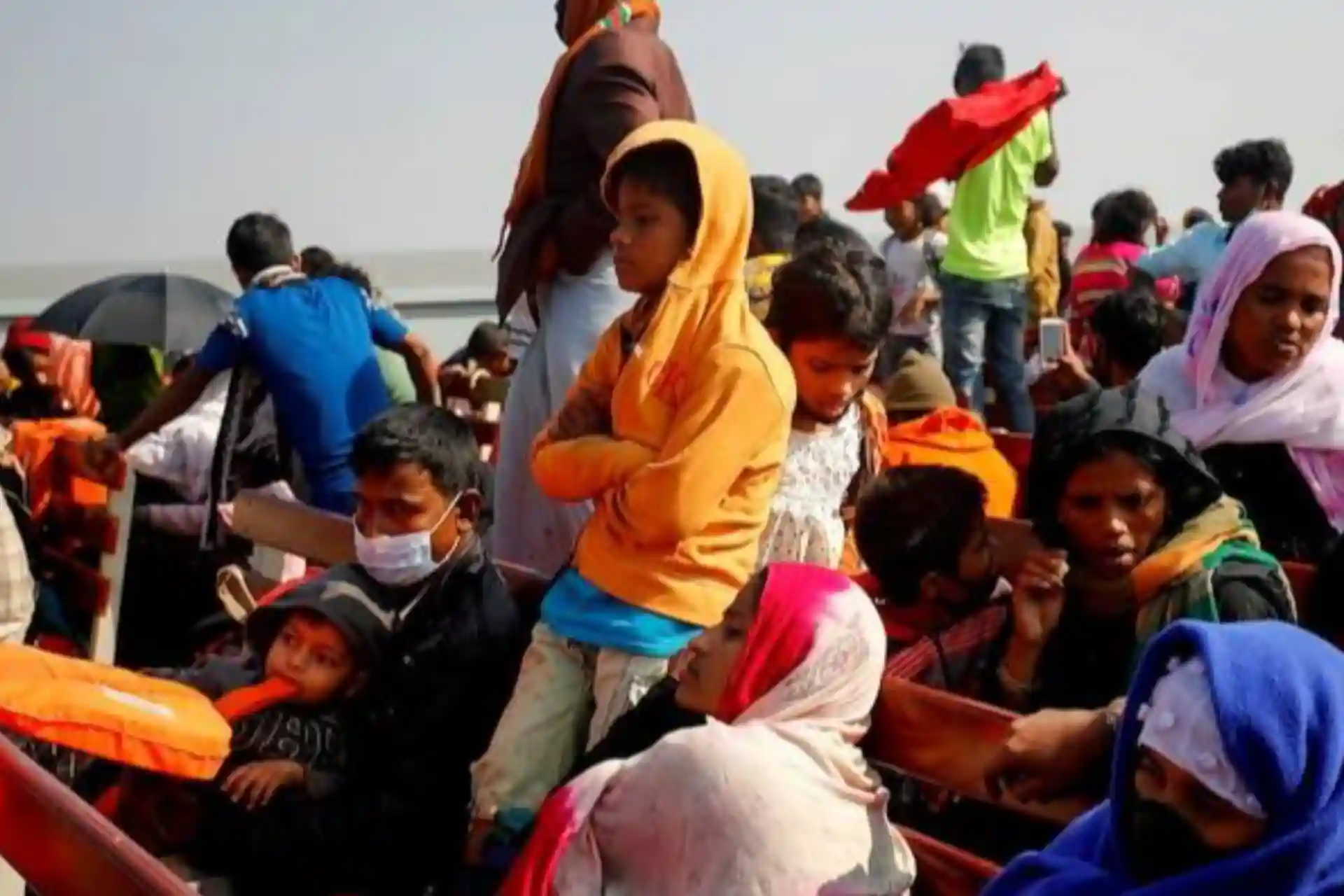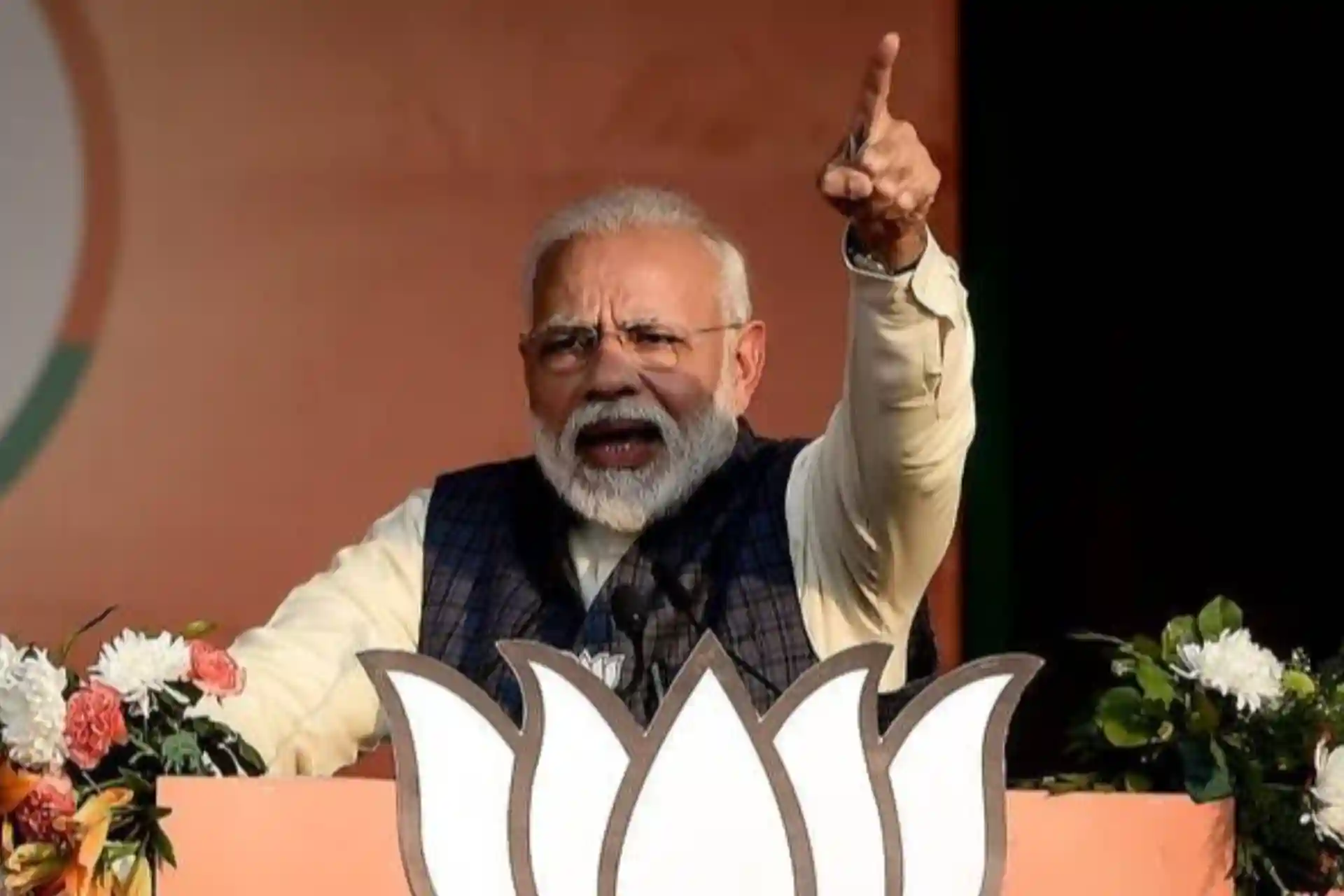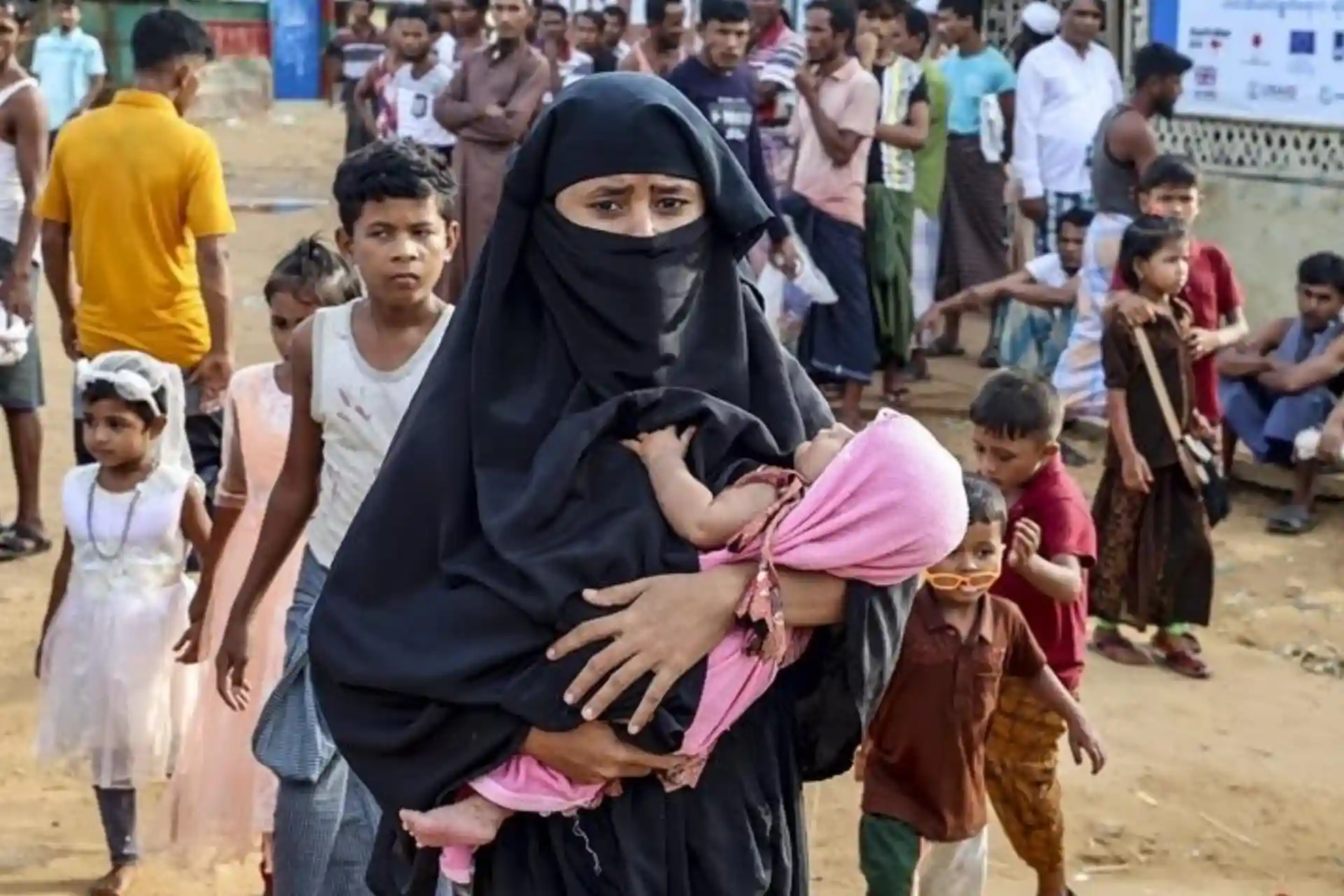India plans to deport Rohingya refugees
Rohingya refugees from Myanmar face deportation in India. On March 8, the government of the northeastern Indian state of Manipur ordered the deportation of Rohingya refugees. The state's governor, Biren Singh, said on social media that his government had deported the first batch of eight refugees who had "entered India illegally".
The deportation was halted after Myanmar authorities refused to cooperate with India on the matter. However, the Rohingya are afraid that this is a temporary problem.
Notably, three days after the Manipur government began its crackdown on the Rohingya, India Prime Minister Narendra Modi's government has passed the Citizenship Act , which aims to grant Indian citizenship to persecuted minorities from neighboring countries. did However, the document only grants citizenship to six religious minorities - Hindus, Sikhs, Buddhists, Jains, Parsis and Christians - who came to India from Pakistan, Bangladesh and Afghanistan before 2015 and faced religious persecution.
The document's list of beneficiaries includes Muslim communities that have experienced violence in their homelands, including Members of the Ahmadiyya community in Pakistan, Shia Hazaras in Afghanistan, or Rohingyas in Myanmar are not included .
"We are also victims of religious persecution, like citizens of three other countries where citizenship is granted. Even in Buddhist-dominated Myanmar, we are a minority. But the Indian government is not worried about us just because we are Muslims," Al-Jazeera quoted Rohingya activists as saying.
The Rohingya are the main Muslim ethnic minority in Myanmar . The country's government deprived them of citizenship and basic rights.
In 2017, more than 750,000 Rohingya were forced to leave Myanmar after the country's government launched a military campaign with "genocidal intent". The Rohingya have mostly migrated to coastal southern Bangladesh, making the region the world's largest refugee camp. Many also fled to neighboring India.
According to the data of the United Nations High Commissioner for Refugees, about 79,000 refugees from Myanmar , including the Rohingya, live in India, and about 22,000 of them are registered with the UN Refugee Agency.
India is not a signatory to the 1951 UN Refugee Convention, which defines the rights of refugees and the state's obligations towards them. There is also no law protecting refugees in the country. Critics have lashed out at the Modi government for excluding persecuted Muslim minorities from the citizenship law, calling it a double standard aimed at promoting anti-Muslim stereotypes.
Critics say it has to do with India's general elections starting next month. Last week, the government told the Supreme Court that Rohingyas do not have a fundamental right to live in India. Judge Colin Gonsalves condemned the government's position and called for a halt to the deportations.



